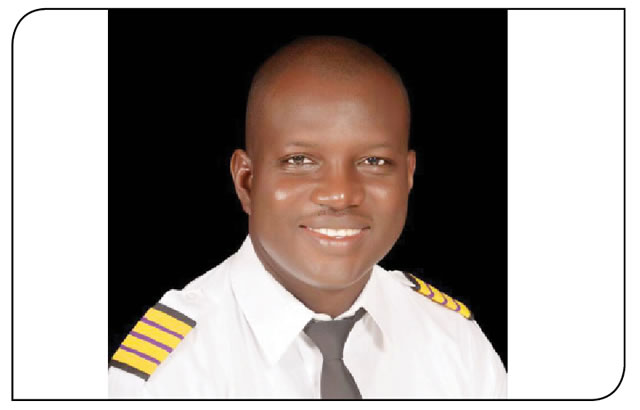The Nigerian aviation sector is teetering on the brink of a critical skills shortage, with the National Association of Aircraft Pilots and Engineers (NAAPE) raising serious concerns about the future of piloting and engineering professions within the country. The core issue stems from the reluctance of local airlines to invest in training young professionals, opting instead for a detrimental practice of poaching experienced personnel from competitors. This “migration and recycling” of professionals, as described by NAAPE President Abednego Galadima, creates a stagnant environment that stifles the aspirations of aspiring pilots and engineers, ultimately jeopardizing the long-term viability of the aviation industry.
The lack of investment in training programs creates a vicious cycle. Young individuals, despite investing heavily in their education and training, often face a bleak job market upon graduation. The limited carrying capacity of the Nigerian aviation sector, coupled with the airlines’ preference for experienced hires, leaves these freshly qualified professionals with limited opportunities. This scarcity forces many to seek employment abroad, exacerbating the talent drain within the country and widening the gap between the aging workforce and the incoming generation of professionals.
The problem is further compounded by the difficulties in establishing robust Maintenance, Repair, and Overhaul (MRO) facilities within Nigeria. These facilities are crucial for providing employment opportunities for engineers and ensuring the airworthiness of aircraft. However, the current landscape, characterized by airline poaching and a lack of training initiatives, leaves young engineers particularly vulnerable and hinders the development of a strong MRO ecosystem. This not only affects the job market but also compromises the overall safety and efficiency of the aviation sector.
The importation of foreign expertise, especially in the oil and gas aviation sub-sector, adds another layer of complexity to the issue. Some airlines, prioritizing short-term cost reductions, opt to employ expatriate pilots, predominantly from Eastern Europe, rather than investing in the training and development of Nigerian pilots. This practice not only deprives local talent of crucial opportunities but also deepens the looming succession crisis within the profession. As experienced Nigerian pilots retire, there is a growing risk of a significant skills gap, with insufficient local talent to fill the void.
A glimmer of hope, however, emerges with Air Peace’s recent announcement of its intention to establish an MRO facility in Nigeria in collaboration with Embraer. This initiative is a welcome development and signifies a potential shift towards prioritizing local talent development and strengthening the aviation ecosystem. While this is a positive step, it underscores the need for broader government intervention and industry-wide cooperation to reverse the current negative trends.
NAAPE urges the government and aviation stakeholders to implement policies that prioritize training and encourage investment in human capital. This includes creating incentives for airlines to establish training programs, developing robust MRO facilities, and implementing regulations that prioritize the employment of local professionals. The long-term sustainability of Nigeria’s aviation sector hinges on addressing the current skills shortage and creating a supportive environment for the next generation of pilots and engineers. Migration for career advancement should be a choice, not a necessity dictated by a lack of opportunities within the country. The future of Nigerian aviation depends on fostering a thriving local talent pool, ensuring its continued growth and competitiveness on the global stage.














